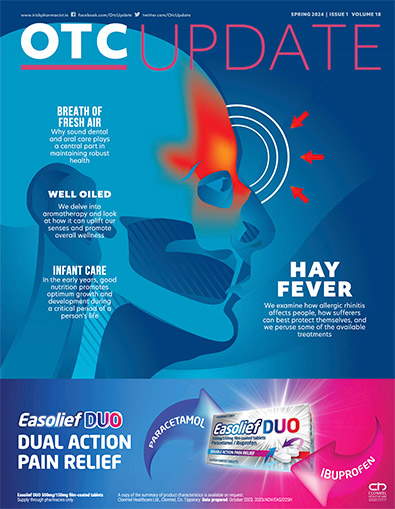New research from Trinity College Dublin shows that age-related muscle loss, known as sarcopenia, was twice as common in adults with the most socioeconomic disadvantage (47%) compared to the least socioeconomic disadvantage (21%). Consistent evidence shows that ‘our muscles matter’. Indeed, maintaining skeletal muscle strength throughout life is crucial for healthy ageing and is associated with better quality of life and lower risk of mobility-disability, hospitalisation and mortality. The research was recently published in the journal Frailty and Aging.
The findings are based on a cross-sectional analysis of data from 6,052 adults aged 60 years and over from the English Longitudinal Study of Ageing. Detection of probable sarcopenia is considered sufficient evidence to warrant interventions, which are primarily exercise and dietary approaches. Education and subjective social status were assessed as markers of socioeconomic position (SEP) in this population.
KEY FINDINGS
Over one-third (34%) of older people 60 years+ had probable sarcopenia.
Probable sarcopenia was more than twice as likely in the most compared with the least socioeconomically-disadvantaged groups (47% vs 21%).
In multivariable regression analysis, socioeconomic disadvantage was an independent determinant of probable sarcopenia, and this finding was consistent irrespective of how SEP or probable sarcopenia were measured.
Other known risk factors for sarcopenia, such as older age, physical inactivity, chronic conditions, under-nutrition, and minority group ethnicity were identified.
This study supports recent results for Irish adults from The Irish Longitudinal Study on Ageing (TILDA).
The findings highlight a need to address socioeconomic disadvantage in policy and practice for sarcopenia prevention and treatment. The ‘prescribed’ treatment approaches include physical activity and diet (ie, adequate dietary protein, preventing malnutrition), supports for theses initiatives need to be accessible and acceptable to older people in their local communities.
Associate Professor Maria O’Sullivan, Department of Clinical Medicine, Trinity College, said: “Sarcopenia is a worldwide public health issue, and like many diseases, we show that it places an unequal burden on the most socioeconomically disadvantaged in society. Socioeconomic disadvantage is likely to increase both the risk of developing sarcopenia and reduce access to prevention and treatments, ie, diet and exercise approaches. There is a need for greater awareness of skeletal muscle loss as we age, and for accessible and inclusive prevention programmes for older populations.”
Ms Lauren Swan, PhD Candidate, Department of Clinical Medicine, Trinity College, said: “There is a growing need and opportunity to ensure sarcopenia treatment and prevention policies are inclusive and take socioeconomic disadvantage into account. The findings are timely, given recent strategies aiming to tackle health inequalities, both at home and abroad, as outlined in the Irish Sláintecare Implementation Strategy and the recent UK Government Levelling Up White Paper.”







